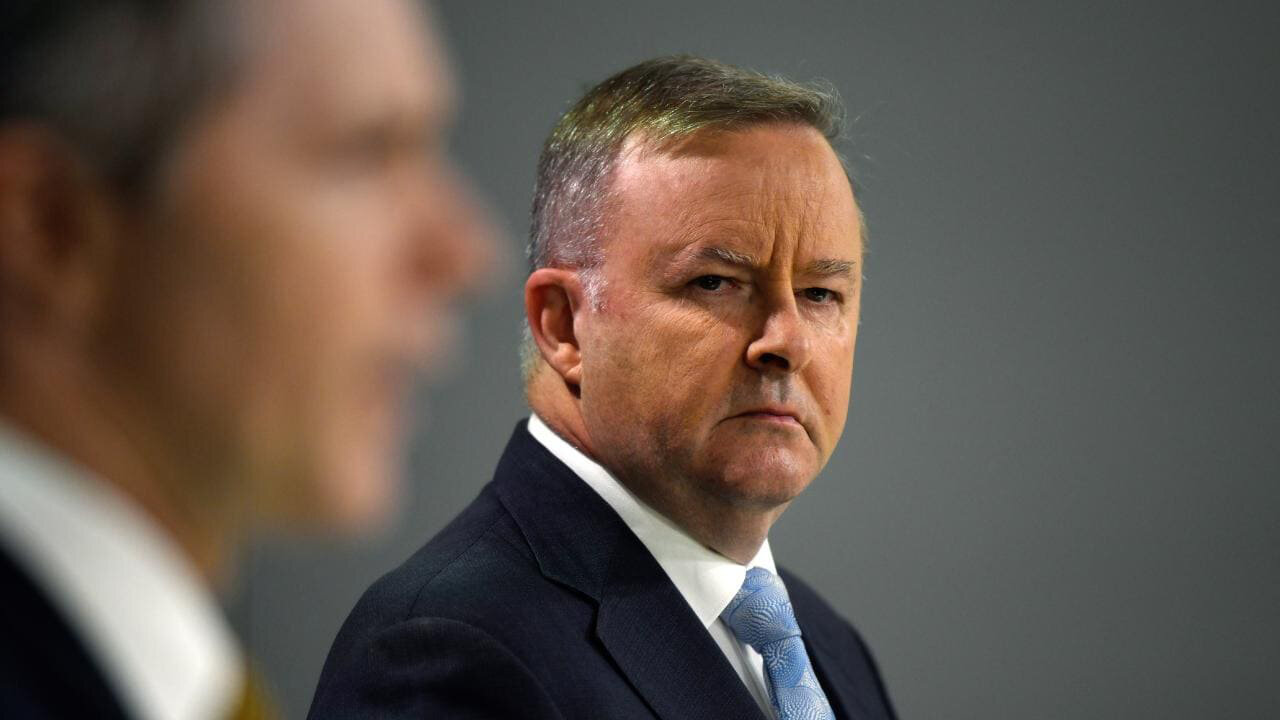The More Labor Changes...
Anthony Albanese has rightfully dumped his predecessor’s climate policies. But what is he replacing them with? By Tim James.
A week after last year’s election the story of the campaign that brought Labor undone on climate and energy policy was told. Central to that work was the Menzies Research Centre’s effort, most particularly the significant scrutiny of Labor’s policy positions. So this week, as Anthony Albanese sought to show he’s not Bill Shorten and proceeded to dump Labor’s policies, the next chapter in the politics of climate and energy policy commenced. It’s a significant shift for Labor but its position is still short on detail and due consideration. And it’s a win, for what it’s worth, for the MRC.
Graham Lloyd told the story in The Australian in May 2019: “The inside story of how Labor’s climate change election was derailed in Australia provides a fascinating insight into how a small group managed to turn Labor’s perceived strength into one of its greatest weaknesses.”
The “small group” led by the MRC did indeed turn the tables on Labor. Labor lost what it considered to be an unlosable election, the self-titled #climateelection. And now Labor thinks it can turn the tables back on to the Morrison Government. Perhaps Opposition Leader Anthony Albanese is showing he really has learned the lessons of climate policy overreach. Perhaps Labor’s finally realised that the community wants to see stability and consensus during a crisis. That would be encouraging. And credit where it’s due: Labor needed to throw out Bill Shorten’s bad climate policies. They were resoundingly discredited and rejected. At least Albanese had the sense to see that.
However there’s more to this offer of “bipartisanship” than meets the eye. Without wanting to be too cynical about this week’s developments, there’s an element of “bipartisanship but for some basics”.
For starters, Labor does not accept the Government’s stated emissions targets, despite those targets being consistent with Australia’s international commitments and scrutinised by the public before the election. Albanese is still committed to net zero emissions by 2050, but will not say what his policy will be for 30 years before then. Nor does Labor acknowledge that the government has said it will confirm a long-term strategy before the next major global climate conference, now in November 2021.
Second, Labor continues to reject the emissions reductions fund, the funding model for the Government’s policy. Labor also rejects funding of any carbon capture and storage projects from current renewable bodies. Moreover, Labor’s new position says nothing of energy prices nor energy reliability, which are both key aspects of any new technologies. In contrast, Energy Minister Angus Taylor made his position clear in media that followed: “We won't be veering. It is going to be a relentless focus on those things that really matter to Australians: jobs, affordability, cost of living, cost of doing business.”
Third, the politics of this position both within and beyond Labor remain divisive. In stark contrast to the Coalition position, Labor is far from cohesive on this. “We’ve taken ourselves hostage and now we’re sending the PM a surrender note,’’ an unnamed Labor MP was quoted saying. It’s an unhappy compromise between Labor’s activist left and the more pragmatic Otis group. It’s hard to see this as a settled and stable Labor policy prescription.
Fourthly, Labor has made it clear it will not back any consideration of, or change to, domestic nuclear energy policy. That’s a pity, and not in the spirit of seeing technologies compete openly on the road ahead, particularly given the prospects and projects underway elsewhere in the world that Australia too could harness.
In any event, what Labor’s shift in position does serve to achieve is to isolate those of more extreme positions such as the Greens and independents, including Warringah MP Zali Steggall. The Greens and others don’t want bipartisanship because it marginalises them and makes them even less relevant. The Greens’ position was summed up in a tweet by party leader Adam Bandt MP: “Hoping for ‘bipartisanship’ with them [the Liberals] is futile, Labor. You don’t end the climate wars by surrendering.”
Similarly, Zali Steggall, has been calling for “a sensible and bipartisan approach” to this policy area. Her constant catchcries, tweets and statements that the Government has no plan and we need to take the politics out of climate policy are looking more hollow and desperate by the day.
Some in the media hate the idea of bipartisanship too. For example, Crikey labelled it “dealing with terrorists” which is surely more than a little strong language, yet unsurprising.
While Labor has dumped Shorten’s policies, and deserves some credit for that, its position remains political, divisive and short on detail. How much bipartisanship this shift represents is doubtful, but it does serve to isolate those further on the left who hold more extreme and self-absorbed positions. One thing for sure in all of this is the MRC’s campaign to call out Labor’s policy failings achieved its goal.

